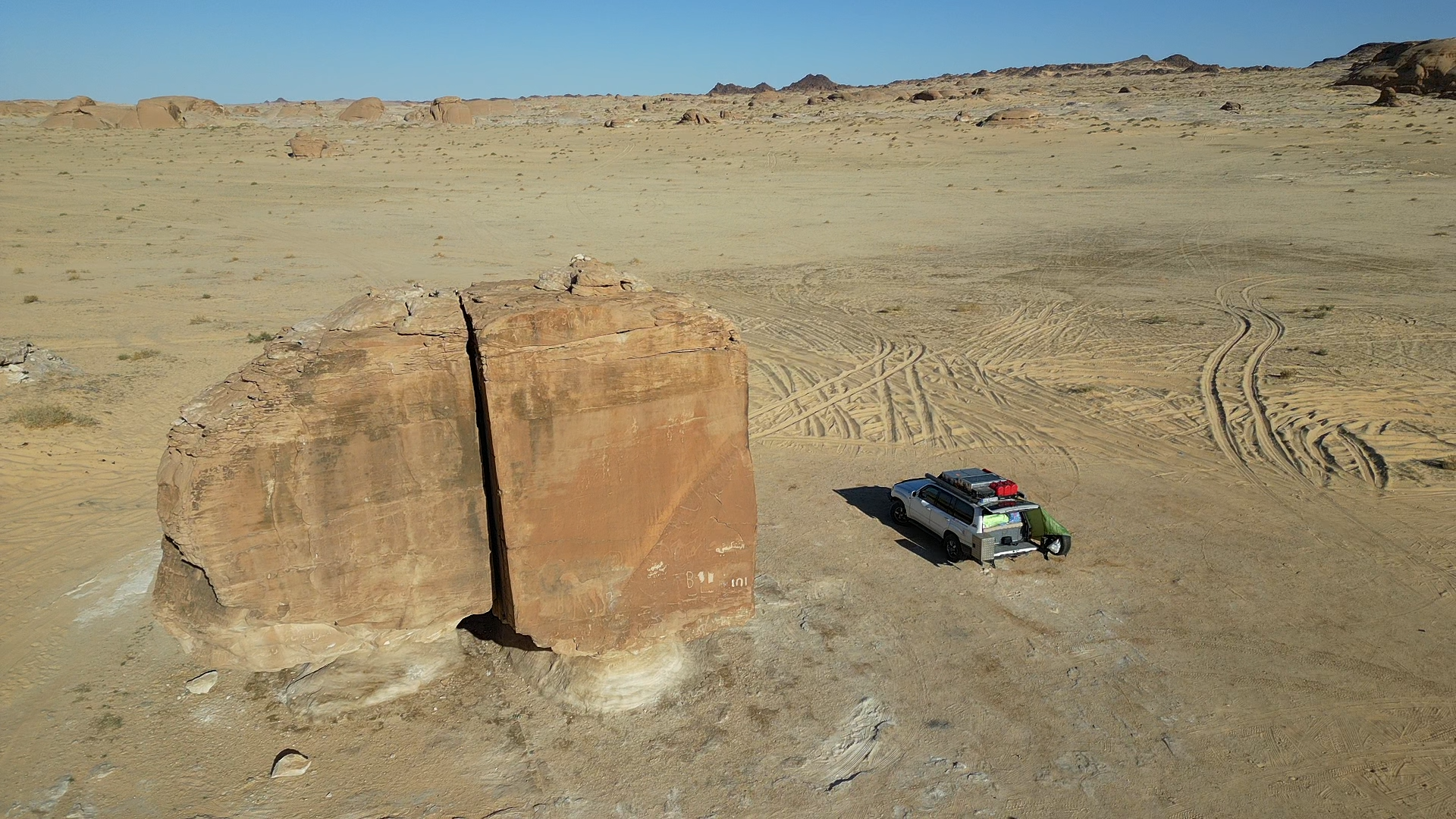
Why We Choose These Countries: The Hidden Beauty of Iraq, Saudi Arabia, and Oman
For many, names like Iraq or Saudi Arabia still trigger images shaped by decades of media headlines, conflict coverage, or geopolitical controversy. But for us at RallyUniverse, these countries represent something entirely different: raw landscapes, timeless cultures, unmatched hospitality, and a sense of remoteness that’s become almost impossible to find elsewhere. Our choice to build routes through Iraq, Saudi Arabia, and Oman isn’t a gimmick. It’s a deliberate decision, based on years of travel, deep local relationships, and an appreciation for regions that defy expectations.
Let’s start with Iraq—a place where history breathes from every corner, where the ruins of ancient Mesopotamia sit quietly beside bustling modern cities. While southern Iraq remains unstable, the Kurdistan Region in the north has become an increasingly viable and safe destination for overlanders. We’ve driven through the mountains of Dohuk, slept beside lakes near Sulaymaniyah, and drank tea with shepherds in the highlands. The Kurdish people welcome travelers with a kind of pride and warmth that stays with you long after you’ve crossed the border. And the landscape—endless valleys, rocky plateaus, and quiet mountain villages—is simply spectacular.
Saudi Arabia, on the other hand, is vast in every sense. It’s not just big—it’s open, wild, and full of contrast. Since the Kingdom opened up to tourism a few years ago, it has become one of the most fascinating places to explore by vehicle. We’ve crossed its red sand dunes near AlUla, wandered through forgotten valleys with ancient petroglyphs, and spent nights in remote desert camps where the silence is louder than any city street. But Saudi Arabia’s appeal isn’t just in its geography—it’s in the transition the country is undergoing. It’s a land in motion, opening up cautiously yet optimistically, and every journey through it feels like you’re witnessing a chapter of history being written in real time.
And then there’s Oman—a country that seems designed for overland exploration. It’s where desert meets ocean, and tradition meets resilience. Oman doesn’t scream for attention. It doesn’t rely on megaprojects or flashy cities. Instead, it seduces you slowly with wadis hidden deep in the mountains, villages untouched by time, and a coastline that goes on forever. The people are dignified, generous, and often quietly proud that their country remains one of the most stable and welcoming in the region. In our past expeditions, we’ve driven through riverbeds, crossed the Wahiba Sands, and cooled off in freshwater springs in the middle of the desert.
We don’t choose countries for the sake of being controversial or extreme. We choose them because they offer depth. Because they reward curiosity. Because they remind us that the world is far more complex—and beautiful—than the news will ever tell you.
Our participants often say the same thing once the rally ends: “I had no idea.”
No idea that Iraq was so green. No idea that Saudis were so generous. No idea that Oman would feel like a second home. And that’s why we keep coming back. Because these places are not what you think. They’re much more.
